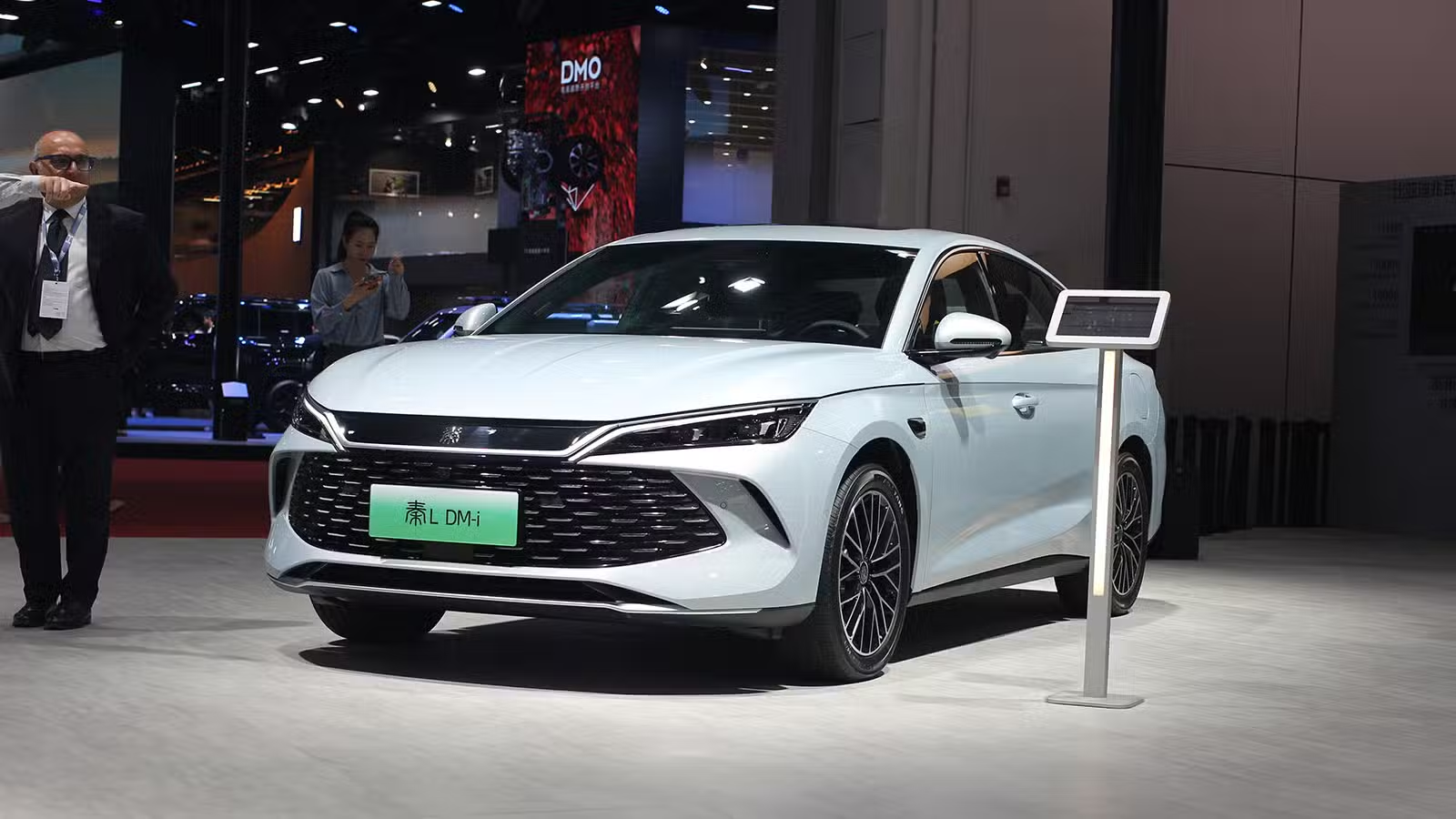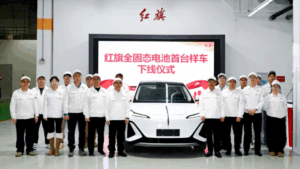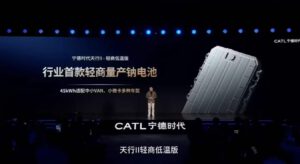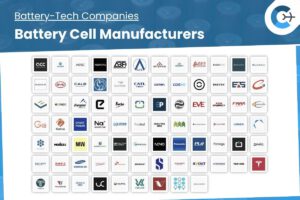On October 7, the Institute of Metal Research at the Chinese Academy of Sciences announced a significant development in solid-state lithium battery research, reported by Autohome and published in Advanced Materials. Researchers have designed a flexible battery that combines polymer molecules with ethoxy group functionalities and short sulfur chains, achieving a stable current output and increased energy density. By integrating the polymer electrolyte directly into the composite cathode, the team elevated energy density to 86 percent while simultaneously improving ion transport and interfacial conductivity.
Solid-state battery technology is widely regarded as the future of electric mobility, offering higher capacity and eliminating risks associated with liquid electrolyte leakage. However, a major challenge has been the poor solid-solid interface between electrode materials and solid electrolytes, which contributes to high ion transport resistance and limits practical efficiency. The new design addresses this by enabling dynamic switching between ion transport and storage, reducing interfacial impedance and increasing overall performance.
In mechanical testing, the polymer-containing cells demonstrated exceptional flexibility, withstanding more than 20,000 bending cycles without degradation. This flexural resilience suggests potential for applications requiring conformable or wearable power sources, although CAS representatives emphasize that the technology remains at the proof-of-concept stage and has not yet entered mass production.
Established in 1949, the Chinese Academy of Sciences is China’s largest national research institution, and its publications frequently shape both academic and commercial developments. This latest report has attracted attention from battery industry observers as solid-state technology continues to advance.
In parallel, several Chinese companies are accelerating their own solid-state efforts. Farasis Energy began pilot production of a sulfide-based solid-state battery line with a planned annual capacity of 0.2 GWh in September 2025, and Anhui Anwa New Energy Technology rolled out its first engineering samples of solid-state cells in July 2025. Despite these initiatives, most current electric vehicles rely on liquid or semi-solid state batteries for commercial deployment.
Source: CarNewsChina
















